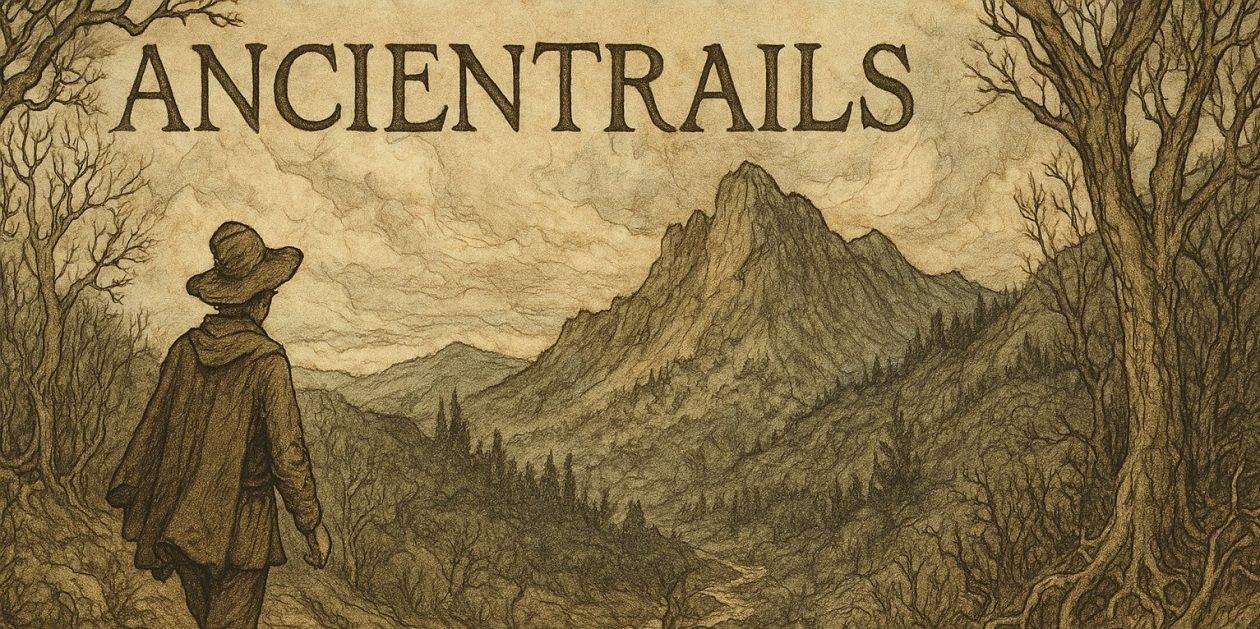Summer Waxing Strawberry Moon
“The trouble with life isn’t that there is no answer, it’s that there are so many answers.” – Ruth Benedict
Long ago, back in the Paleozoic 1960’s I majored in anthropology. Anthropology taught me a lot, shaped my view of the world. In anthropology, long before it became fashionable enough to merit bashing on the then non-existent Fox News Network, multi-culturalism was an everyday conversation. Ruth Benedict, herself an early anthropologist and student of Franz Boas, the father of anthropology reflects just that sensibility in this quote.
Anthropologist’s developed the idea of cultural relativism and it was and is crucial to anthropology as a discipline. Anthropologists do field work using the participant observer method, which involves immersing oneself in the cultural of another, then writing about it. Boas and the early anthropologists, among them Margaret Meade, had to undergo psychoanalysis as a preliminary to field work. This was to enable the field worker to grasp, as best he or she could, the difference between something they brought to the interaction and the actual expression of a different worldview.
Cultural relativism meant that much as we might like to believe otherwise (manifest destiny, Hail Britannia) one culture’s solution to the way of surviving and flourishing is as valid as any others. This is the core idea behind multi-culturalism, not merely a liberal tolerance of difference, but suspension of our own values and beliefs in order to accord respect to the other.
Does this have problems? Yes, it does. Critics like Alasdair MacIntyre in his book, After Virtue, say it represents an essential of Modernism, that is, ethical relativism. MacIntyre suggests we consider Hitler’s Nazi party or, I suppose, Pol Pot’s Khmer Rouge. Using the notion of cultural relativism are we not bound to honor their horrific outcomes?
Academics often get caught in the absolutizing of their notions. It’s either cultural relativism or a solid tradition, like the Thomistic Catholicism that MacIntyre puts forward. In fact, I think these are more tendencies, ways we lean when assessing data. Cultural relativism and the thinner soup of multi-culturalism are an inoculant, a vaccine against imperialism, against the unthinking imposition of a more powerful culture on a weaker one.
Tradition, on the other hand, seems an inescapable and therefore most likely necessary ingredient of the human lived experience. Within in it we learn how to behave as an American, a Vietnamese, a Hmong, a Trobriand Islander. We come to assume that the tradition and the culture in which we are raised is normative, and, in fact, it is normative in the vast majority of situations which we encounter. It is when we cross cultures or traditions that questions arise that we may not have considered.
Who says democracy is the only acceptable form of government? Who says individual rights always come before the needs of the tribe or the state? Who says marriage between homosexual couples is wrong, ipso facto? Who says circumcision is critical? Who says we cannot execute anybody we want to by firing squad, lethal injection or the electric chair?
It occurs to me that cultural relativism is a necessary defense against the arrogance of power, just as tradition is a defense against the moral relativism that a global perspective seems to require. To position these two powerful aspects of human life, culture and tradition, against each other goes too far. Instead, we need to learn the lesson each has to teach us and apply them both with humility and care.
NB: Back to Hitler and Pol Pot. We do not need to accept their violent prejudice as normative even under the notion of cultural relativism. What is necessary in those cases is to go within the culture of Germany and Cambodia, to mine their traditions and to critique them from within their worldviews. It can be done and can easily be shown to be possible. Then, we respect culture and yet have an avenue for expression of our deeply held values in a different cultural idiom.
